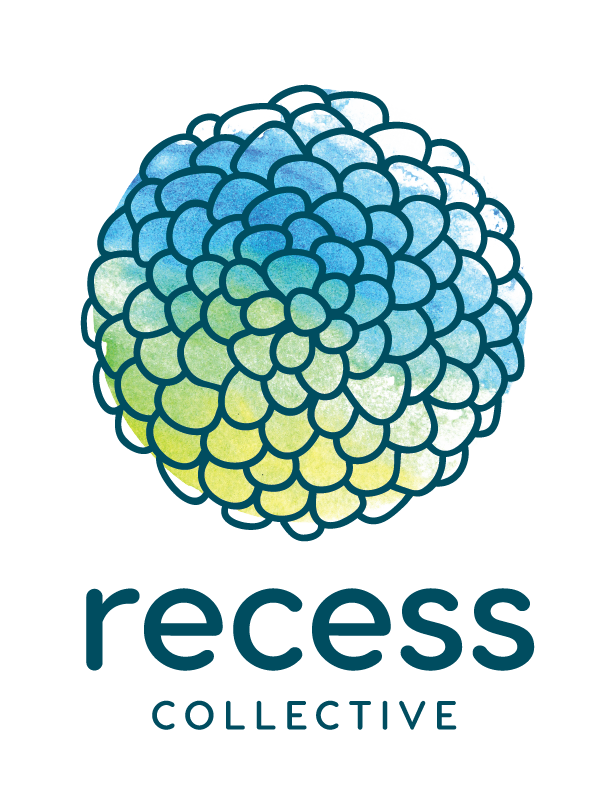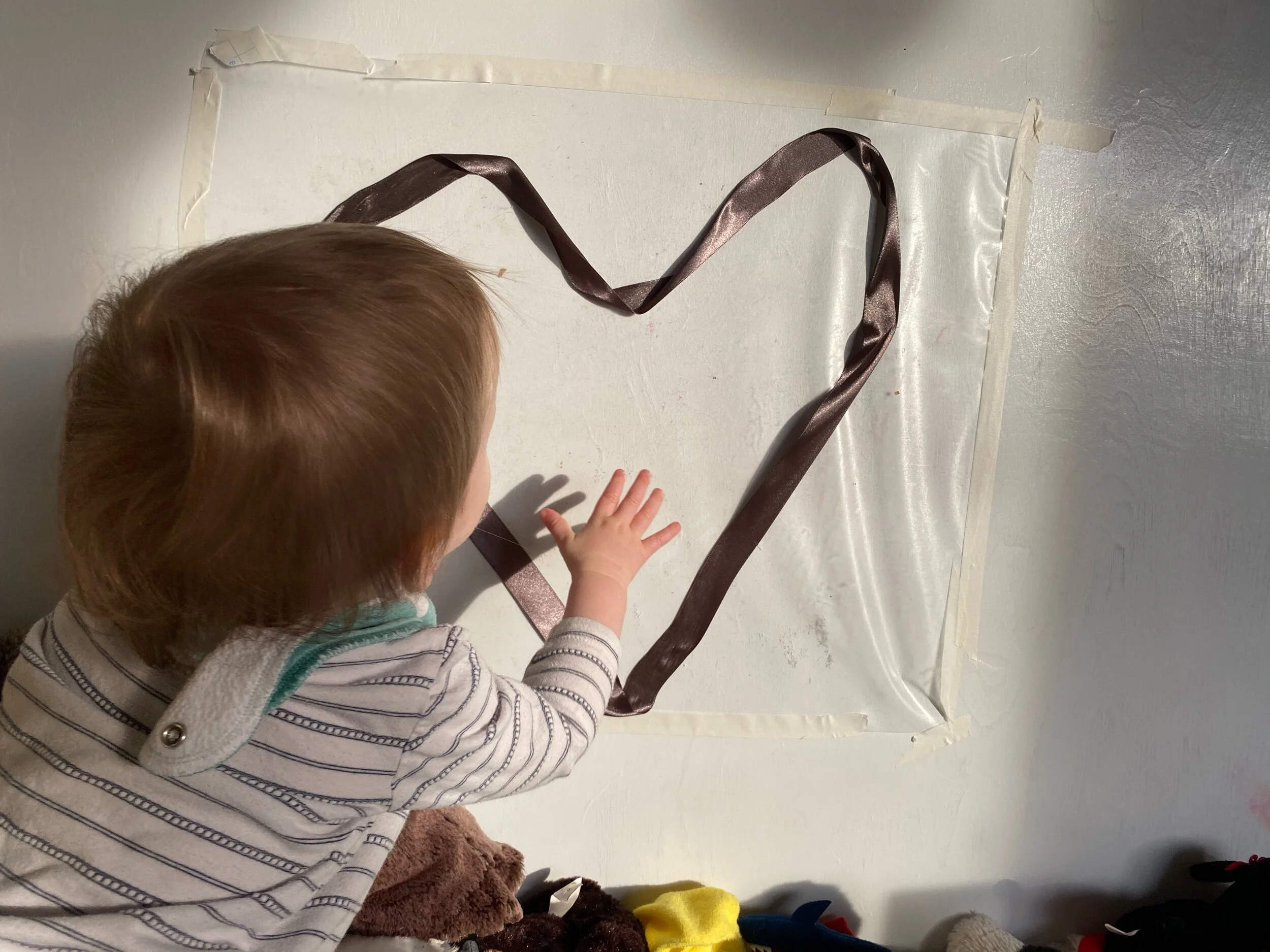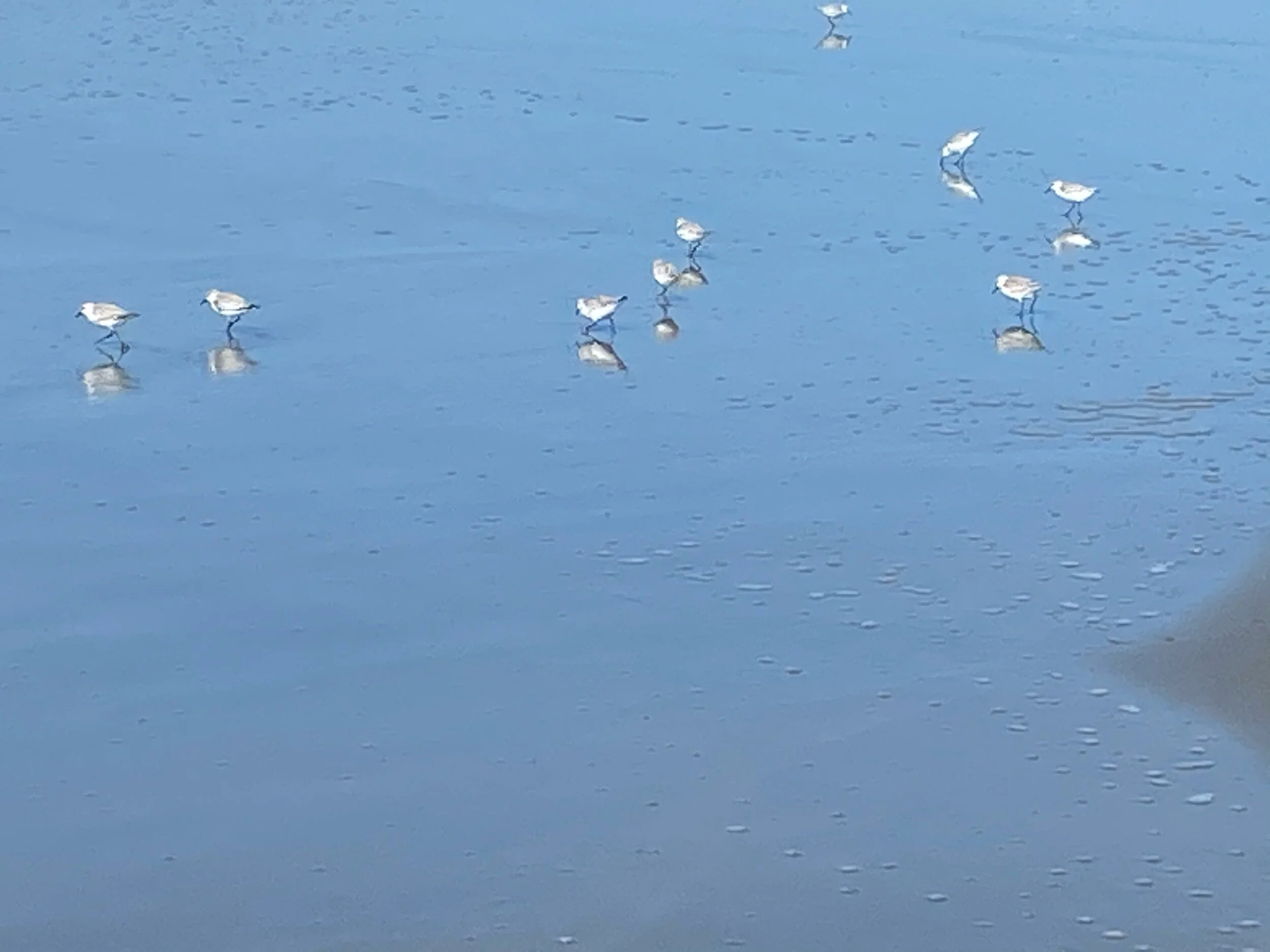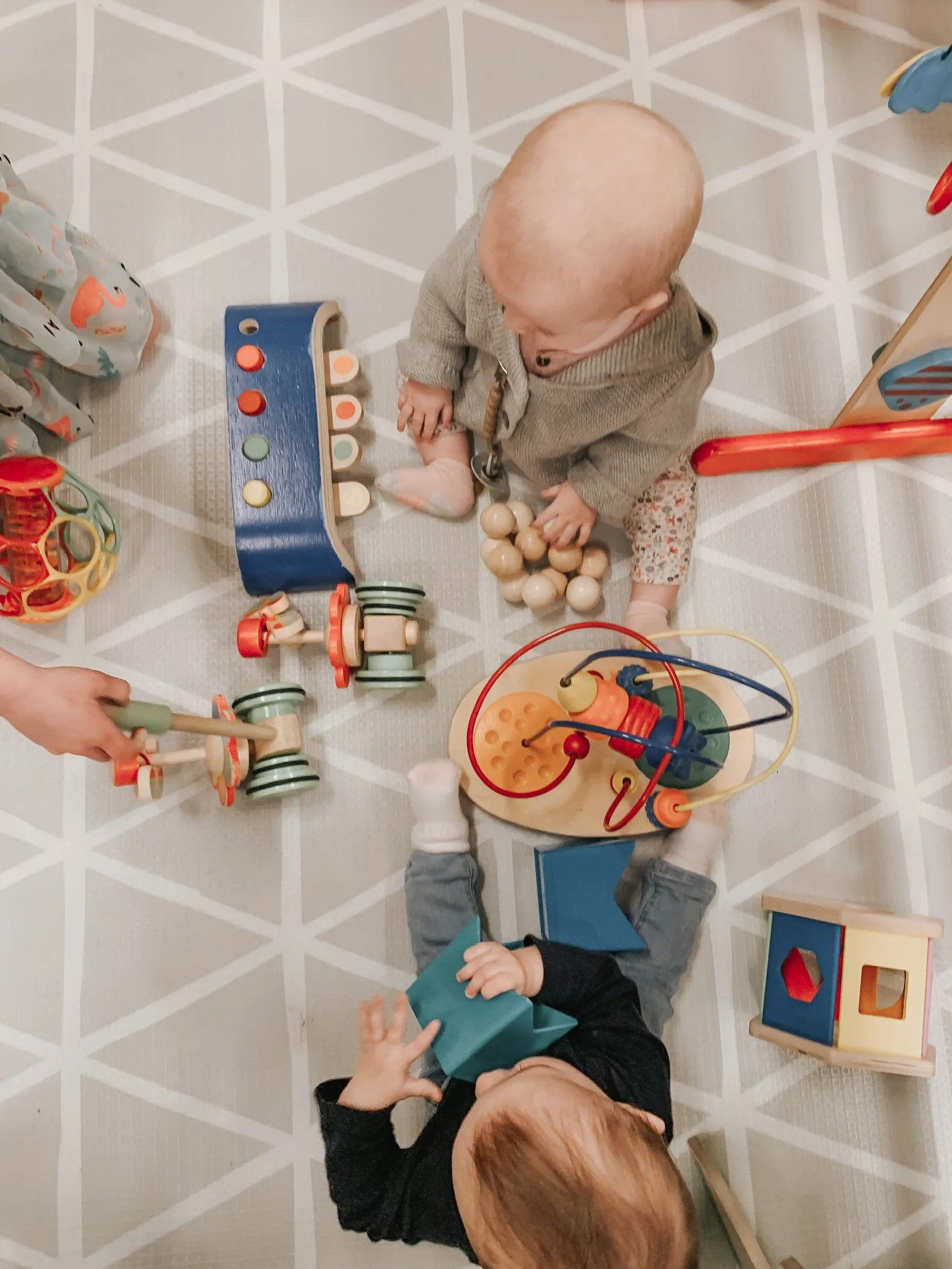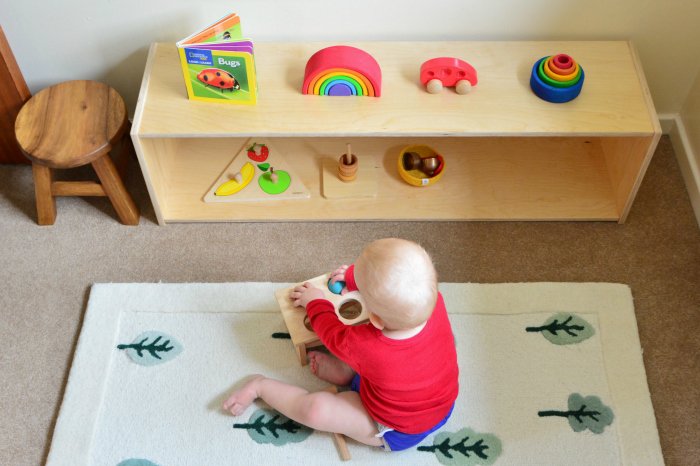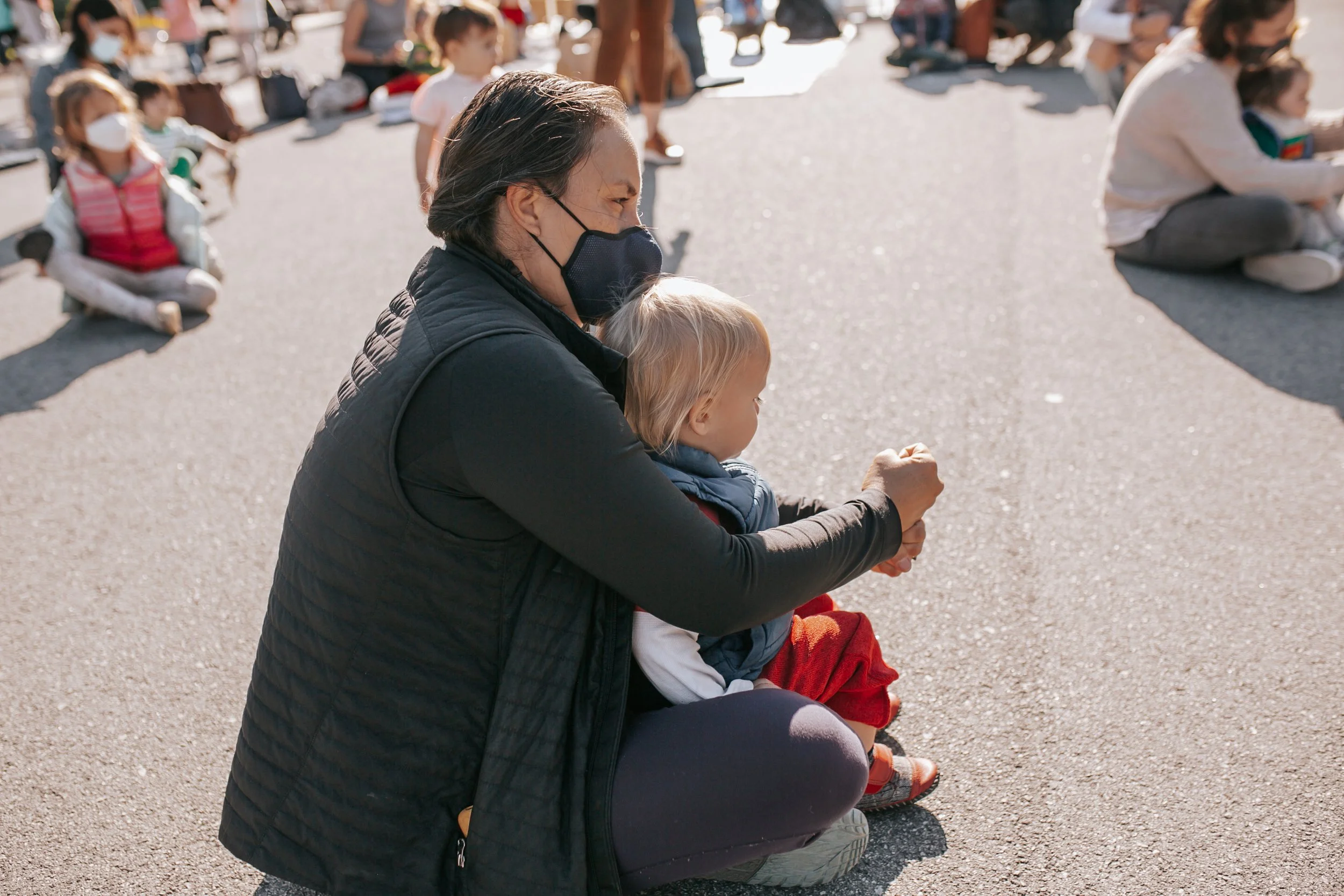Support your baby’s development from day one
A newborn’s or infant’s brain develops faster than at any other time in a child’s life. Research shows that during this early period, back-and-forth interactions with caregivers, also known as “serve and return” interactions, strengthen neural connections in the brain. These connections are important for early learning and they establish pathways for future learning. Relationships with nurturing and responsive caregivers are foundational for early learning and beyond.
Resources
5 Steps for Brain-Building Serve and Return
This resource, by the Center on the Developing Child at Harvard University, details five steps for serve-and-return interactions with an overview video and downloadable PDFs in English and Spanish.InBrief: The Science of Early Childhood Development
This brief from Harvard University’s Center on the Developing Child is part of a series that summarizes the Center’s essential scientific findings on human brain development.Baby Games Calendar
Enter the baby’s date of birth on this website to find age-appropriate activities, milestones, and games or get them by email.“My 1st Year” and “Discovering Feelings” Books
Download these PDF booklets to help better understand a baby’s development, recognize important milestones, and record experiences.Learning, Play, and Your Newborn
This Nemours Foundation resource describes what newborns are learning and how caregivers can support them. Also available in Spanish.How to Play with Babies
This article from Zero to Three offers fun ways to interact with newborns and describes common signals that indicate when they want to stop the interaction.Nurse-Family Partnership
This national non-profit provides free support to first-time moms with regular nurse visits from pregnancy through the child’s second birthday to keep mom and baby healthy and safe.
